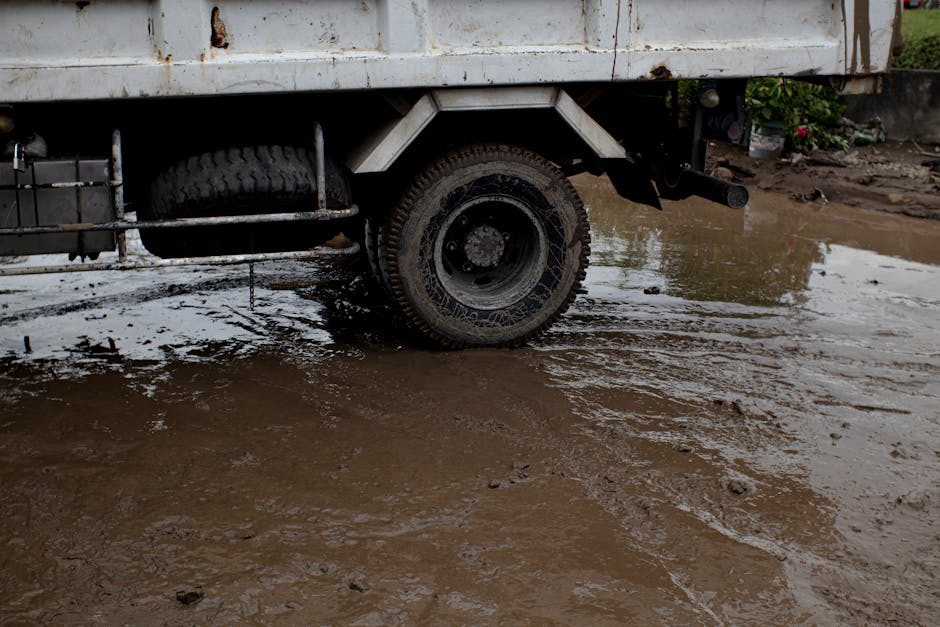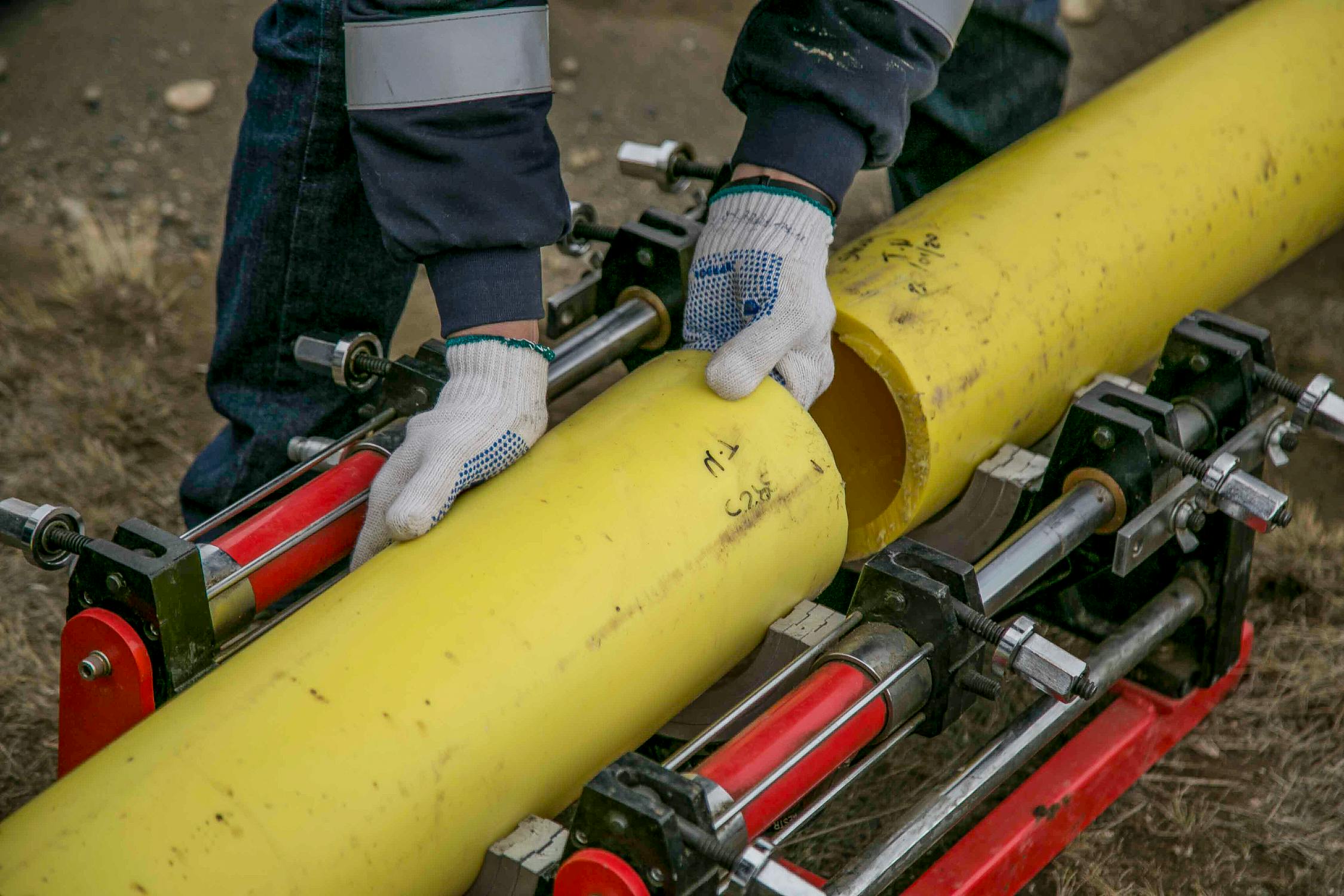Top 5 Plumbing Tips to Prevent Costly Water Damage

Water damage can pose a financial and logistical challenge for homeowners. It's important to take steps to prevent damage not only to preserve your homes value but also to steer clear of the headaches and disruptions that come with extensive repairs. Following some plumbing advice can help you save time, money and stress in the long run. Here are five essential plumbing tips to help you avoid water damage.
1. Regularly Check Your Plumbing System
Keeping an eye on your plumbing system is key in preventing water damage. Be on the lookout for any signs of leaks, rust or corrosion in pipes and fixtures. Identifying these issues on can allow you to tackle them before they escalate into major concerns.
Make sure your inspections cover all plumbing elements like faucets, showerheads and pipes under sinks. Focus on areas where pipes join together as these are leakage points.
Additionally it's an idea to watch out for any signs of dampness around your house such as wet spots on walls or ceilings and musty smells that could indicate concealed leaks.
2. Utilize Water Alarms
Water alarms are cost gadgets that can notify you about leaks or flooding before they lead to significant harm. Install these alarms in areas like basements, bathrooms, kitchens and, near water heaters.
Water alarms function in a way that's similar to smoke detectors by producing a loud sound when they detect water. Some advanced versions are capable of sending notifications to your smartphone well.
By setting up water alarms you can have peace of mind knowing that you will receive alerts in case of a leak or flood.
3. Insulate Your Pipes
Insulating your pipes is essential to prevent them from freezing and bursting during the winter season when exposed to temperatures. This helps maintain a temperature and safeguards the pipes.
Focus on insulating pipes in areas without heating such as basements, attics, garages and crawl spaces. Use pipe insulation sleeves or heat tape to cover the pipes.
Furthermore it's important to seal any gaps or cracks in walls where cold air could seep through and impact the temperature of the pipes.
4. Know How to Shut Off Your Water Supply
Understanding how to turn off your water supply is crucial, during a plumbing emergency as it can significantly reduce damage. Locate your water shut off valve and ensure that all household members are aware of its location and how to operate it.
In the event of a pipe or major leak promptly shutting off the water supply can help prevent extensive flooding and water related damages.
It's also an idea to get to know where the individual shut off valves are located for toilets, sinks and appliances like washing machines and dishwashers.
5. Take Care of Your Water Heater Regularly
Water heaters can cause damage if they stop working properly or start leaking. Doing maintenance helps make sure they work well.
Flush your water heater at once a year to get rid of any sediment buildup that could lead to corrosion and lower efficiency. Also check the heater for any signs of leaks or rust around the tank.
If you see any problems with your water heater it's best to contact a plumber right away to deal with them before they turn into bigger issues.
Quick Tips Overview
- Regular Checks: Keep an eye out for leaks, rust and corrosion on a basis.
- Use Water Alarms: Install them in areas where leaksre more likely, for early detection.
- Insulate Pipes: Make sure to insulate your pipes locate the water shut off valve and perform regular maintenance on your water heater.
Remember to;
- Inspect for leaks and corrosion
- Monitor water alarms.
- Add insulation sleeves or heat tape to your pipes.
- Learn the location and operation of your shut off valve.
- Flush and inspect your water heater annually.
Preventing water damage requires diligence and proactive actions. By checking your plumbing system setting up water alarms insulating pipes knowing how to turn off your water supply and maintaining your water heater you can lower the chances of encountering water related problems in your household.
Keep in mind that being proactive is key, in avoiding plumbing issues. Taking these precautions now can save you time, money and unnecessary stress down the line.
